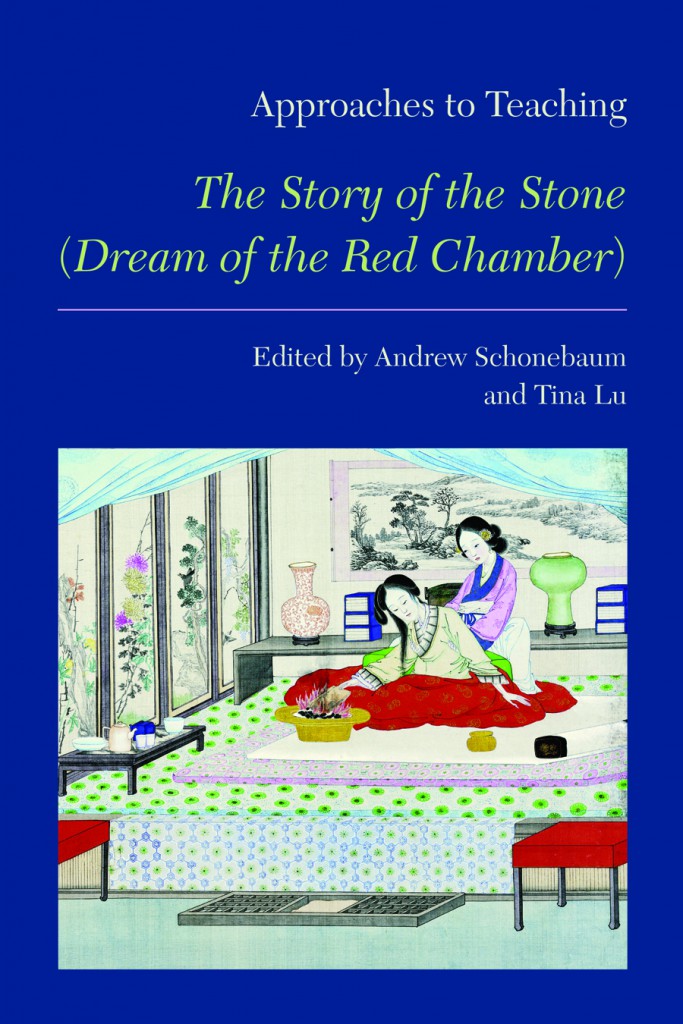The MLA’s office of scholarly communication is pleased to begin exploring a new mode of book development that takes advantage of the possibilities offered by the MLA Commons platform. We invite authors and editors to think with us about how new forms of communication can contribute to or change book development and to suggest projects and ways of working that might add to or go beyond our submission guidelines.
Why?
Edited volumes are by their very nature dialogic, communal enterprises, since multiple authors bring together diverse perspectives on a text, an author, or a field. As in all books, process and product are related. On a practical level, the interaction of editors and contributors in the development process is inextricably linked to the finished volume’s range of ideas and depth of engagement. Online networks such as MLA Commons have the potential to allow the collaboration and conversation involved in edited volumes to become dynamic, participatory, and transparent throughout a volume’s development, from the initial idea for the book to its publication.
Book projects developed in a shared environment present an extraordinary opportunity for discussion and dialogue, allowing authors to see how their work fits into the project as a whole, allowing editors to enlist the community in creating an organic shape for the project, and allowing a variety of scholars and teachers to participate in a public way in the project’s development. The editorial function of delimiting or defining the subject, assembling materials, and balancing and arranging topics that might be covered can be aided and enhanced by conversations that share the accumulated experience and knowledge of a broad group of participants. Developing edited volumes in an open environment can build engagement across a range of disciplines and perspectives, which in turn advances scholarship and pedagogy in all fields.
How?
The office of scholarly communication envisions that the initial stages of book development, including the prospectus, would take place in an MLA Commons group started by potential editors who are experienced scholars. In this group, ideas for a volume’s table of contents and essay abstracts would be posted, discussed, and revised as the project evolves. While the process is new, the goals and purposes of this form of project development align with our existing book development guidelines (for some examples, see the guidelines for the series Approaches to Teaching World Literature or Options for Teaching).
After the prospectus stage, volumes approved for publication might continue to develop in the MLA Commons group. Even if a decision is made not to publish the volume, the MLA Commons group can remain an active resource. In both cases, the group would be a place for people interested in the subject to exchange ideas and inform each other of developments in the field, conferences, and new publications.
We encourage potential volume editors to explore the resources of MLA Commons with this new model of book development in mind. Your participation and responsiveness not only will help your ideas and scholarship reach more scholars, teachers, and students but also will affect the future of scholarly publishing by helping shape a new and vital method of book development. We invite you to look at the books we have published and our various series. MLA members who are interested in developing an edited volume on MLA Commons should contact the MLA office of scholarly communication at scholcomm [at] mla [dot] org.



